Donald Trump has unveiled plans for the US to create ‘the largest AI infrastructure project in history,’ with the backing of seven major companies and a $500 billion investment.
Joined by three key players – Oracle CTO Larry Ellison, OpenAI CEO Sam Altman, and SoftBank CEO Masayoshi Son – the president set out details of the new company, named Stargate, during a White House news conference on Tuesday afternoon (January 21).
It was confirmed $100 billion of funding would be made available ‘immediately,’ with $500 billion to be invested in total by 2029.
The US is already a world-leader of artificial intelligence, and it appears Donald Trump is anxious to keep it that way.
“I’m going to help a lot through emergency declarations because we have an emergency,” he said.
What is Stargate?
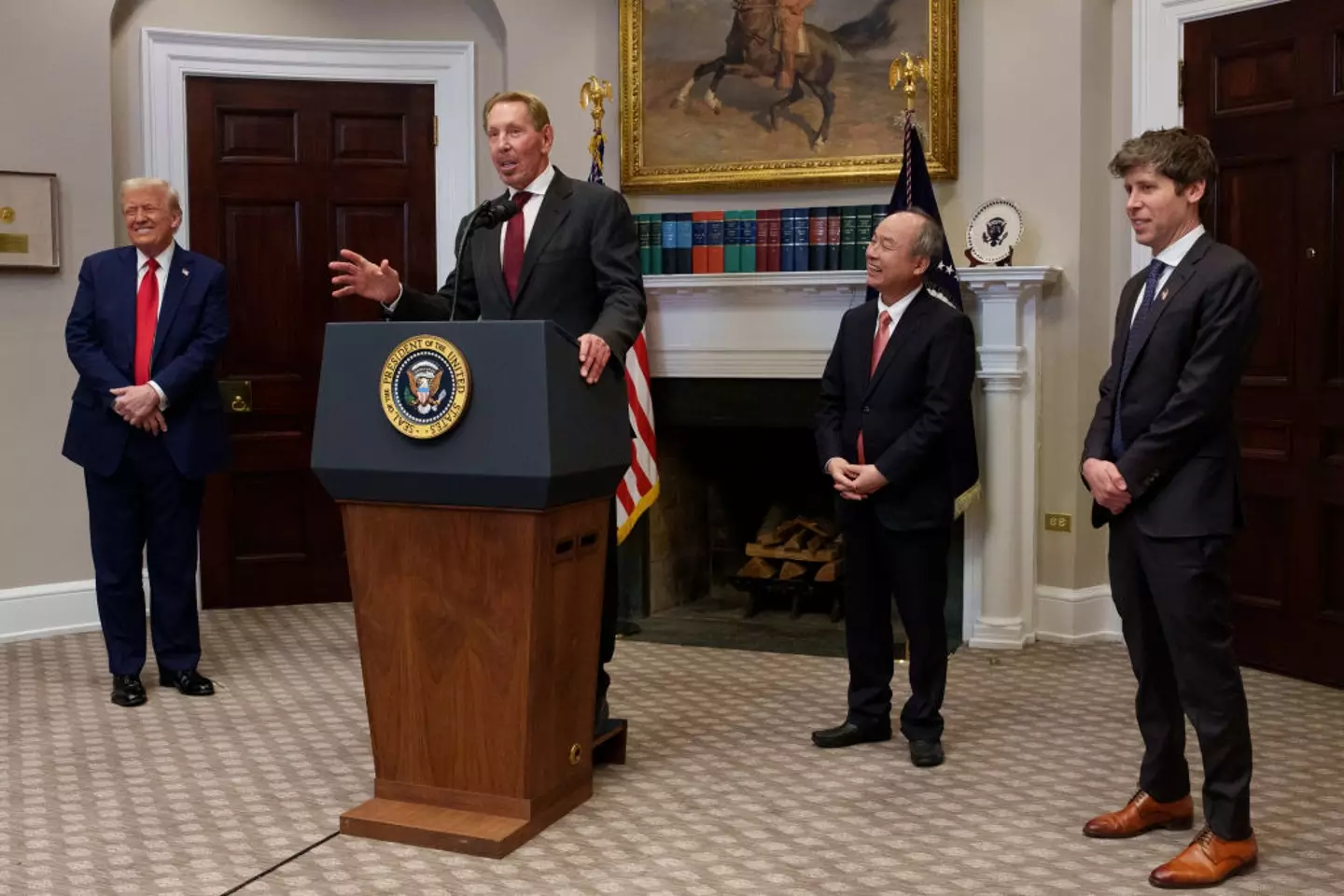
Oracle CTO Larry Ellison (C), US President Donald Trump (L), OpenAI CEO Sam Altman (R), and SoftBank CEO Masayoshi Son (2nd-R) at a White House news conference on Tuesday (Andrew Harnik/Getty Images)
The project will see the construction of data centers in the US that will power AI.
The buildout is currently underway in Texas, but other potential sites are being scouted across the country as ‘definitive agreements’ are finalized.
This infrastructure will ‘secure American leadership in AI,’ create ‘hundreds of thousands of American jobs‘ and ‘generate massive economic benefit for the entire world,’ OpenAI – the company behind ChatGPT – claimed on its website.
“This project will not only support the re-industrialization of the United States but also provide a strategic capability to protect the national security of America and its allies,” it continued.
All the partners involved in Stargate AI

Microsoft is among Stargate’s partners (Smith Collection/Gado/Getty Images)
Seven major businesses are involved with the project so far, including three of the world’s biggest technology firms.
Japan’s SoftBank and United Arab Emirates AI investment arm MGX are among Stargate’s initial equity funders, alongside OpenAI and computer giant Oracle.
Meanwhile semiconductor company Arm joins Microsoft, NVIDIA, Oracle and OpenAI as Stargate’s key technology partners.
Oracle, NVIDIA and OpenAI will ‘closely collaborate to build and operate’ the project’s computing system, while Microsoft will help ‘train leading models and deliver great products and services’.
Concerns over AI demand
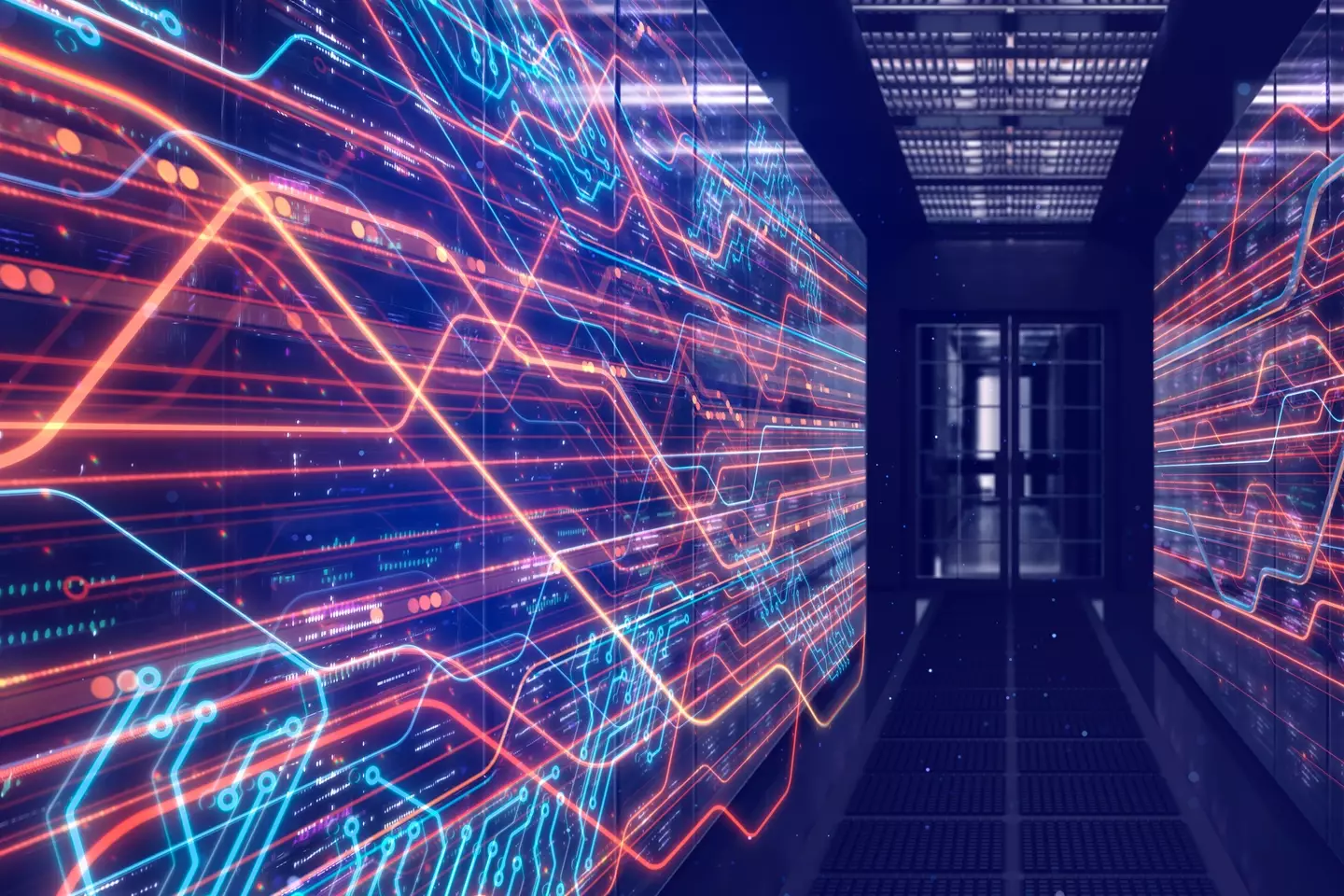
Stargate will see AI centers built across the US (Yuichiro Chino/Getty Images)
The increasing demand for major AI projects has raised some concern surrounding energy supplies, security and even the accuracy of the model’s intelligence.
Robert Weissman, co-president of consumer rights advocacy group Public Citizen, said the Stargate plan ‘raises massive antitrust concerns’ and stressed ‘attention must be paid to sustainability and consumer impacts’.
He added: “Absent a commitment to bring on new, renewable energy to power an even greater spike in AI power demand, the Stargate build out threatens to worsen the rush to climate catastrophe and to drive up consumer electric bills.
“The build out of new, renewable energy supply must be addressed before this surge in AI data centers and cannot be an afterthought.”
Weissman concluded: “Big Tech AI purveyors have consistently overpromised the real-world benefits they can offer while ignoring the real-world harms they are causing. That record should make us very skeptical about today’s announcement.”
0 comments
Featured Image Credit: CHIP SOMODEVILLA/POOL/AFP via Getty Images/Mateusz Slodkowski/SOPA Images/LightRocket via Getty Images
Topics: Technology, Business, Artificial Intelligence
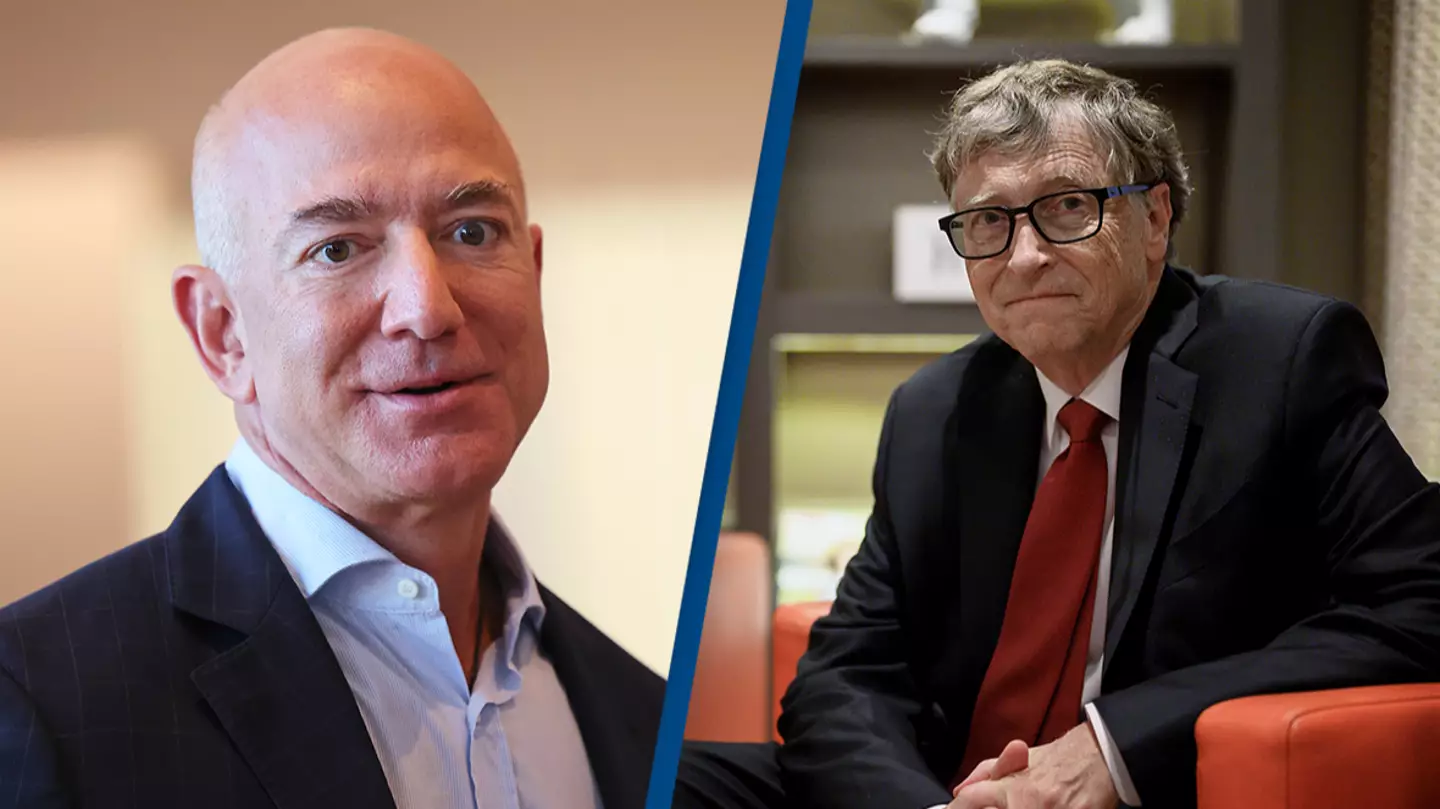
Jeff Bezos and Bill Gates are among the backers of a mining and AI start-up which could help the west rival China.
The Silicon Valley-based business has raised a huge $537 million during its latest round of funding and has since been valued at a huge $2.96 billion.
The company, called KoBold Metals, boasts investments from Bill Gates’ Breakthrough Energy Ventures and Amazon founder Jeff Bezos, as well as the world’s largest mining group, BHP.
It’s set to compete with China to produce important metals including copper, lithium and nickel.
These metals are vital components in electric car batteries – which China is the world’s top exporter of.
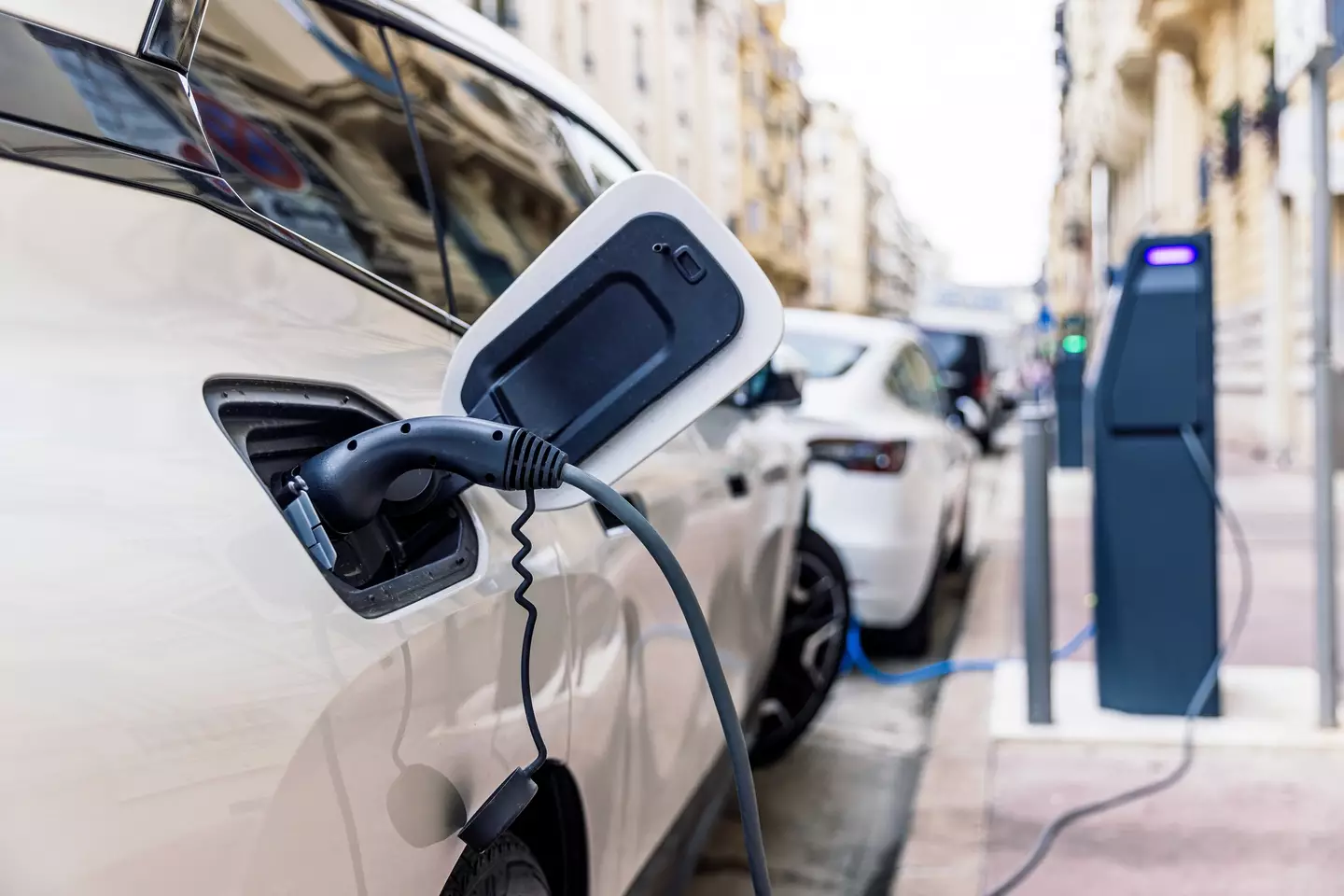
The materials are used in EV batteries (Alexander Spatari/Getty Images)
KoBold Metals could help the west become less dependent on the country for its material exports, something governments have long called for.
Although incoming president Donald Trump previously vowed to ‘rollback’ Biden’s EV policies, Kurt House – KoBold’s co-founder and chief executive – said he was ‘confident that there was broad political support in the US for improving access to critical minerals.’
House said there is ‘very broad bipartisan support for diversifying [the] supply of critical minerals’ because this is a ‘national security priority.’
“We’ve had plenty of conversations with people who will be associated with the next administration who are very enthusiastic about KoBold’s mission,” he added.
The company uses OpenAI’s generative AI technology alongside more ‘traditional’ AI to comb through data and identify undiscovered mineral deposits.
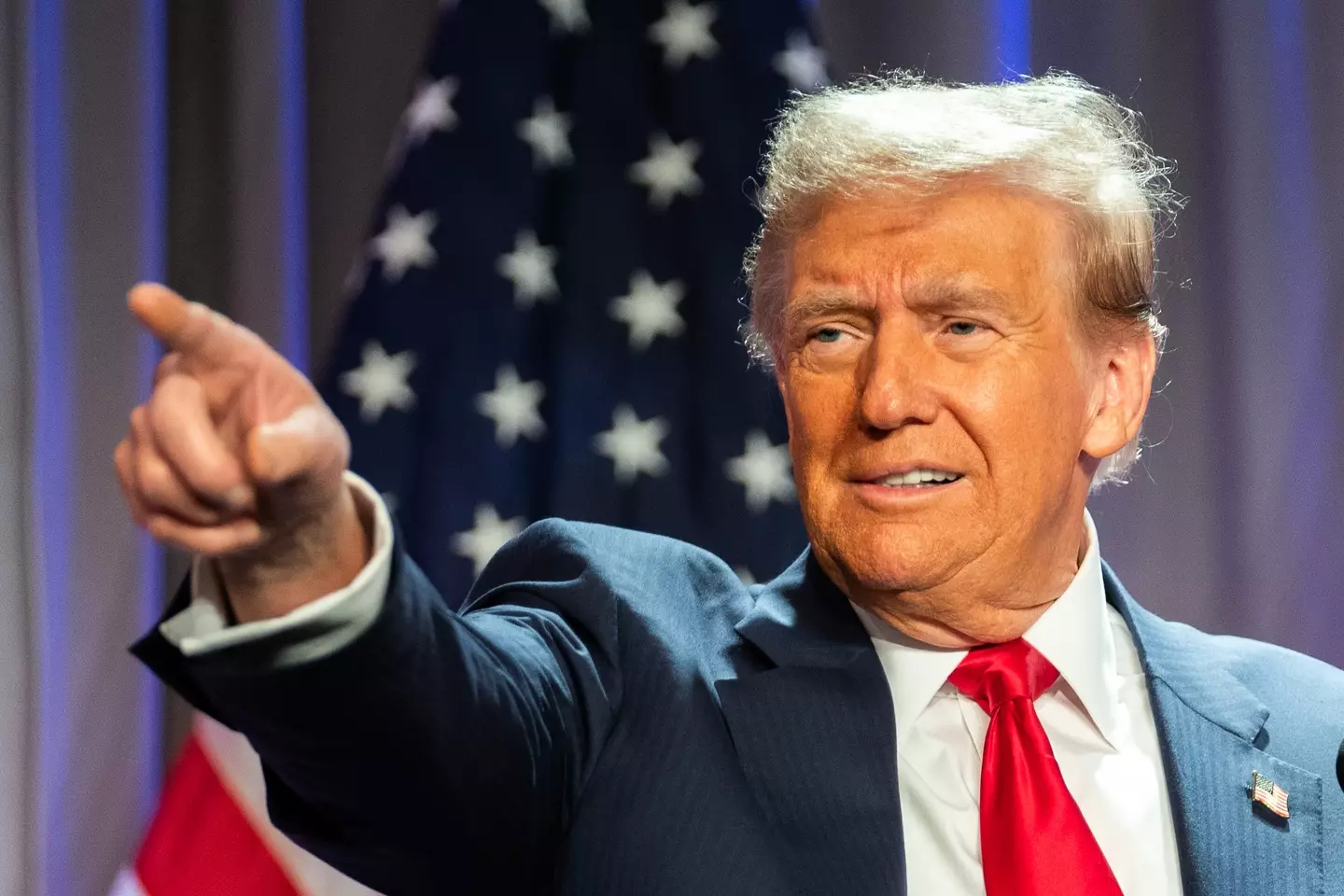
Trump vowed to ‘rollback’ Biden’s EV policies (Allison Robbert-Pool/Getty Images)
Carmichael Roberts, managing partner at Breakthrough Energy Ventures, said KoBold’s AI-driven approach is creating ‘a more secure, affordable, and clean energy future for all.’
In February, the company said it found an ‘extraordinary’ deposit of copper in Zambia, which KoBold president Josh Goldman said was ‘going to be one of the highest grade, large underground mines.’
Some 300,000 tons of copper could be produced from the site in Mingomba each year from the 2030s, KoBold said.
As of January 2025, one ton of copper is worth $8,652.50, according to Marker Insider.
That means KoBold’s Mingomba mining project alone could bring in a huge $2.6 billion per year.
.jpg)
Some $2.6 billion of copper could be produced every year (Mabus13/Getty Images)
Copper is used as a conductor of heat and electricity, as well as for building material and in metal alloys for electrical wiring.
KoBold is also likely go public ‘within three to five years,’ co-founder House said.
Next, the company is focusing on ‘aggressively’ expanding its team of data scientists, with its sights set on those who have a more ‘traditional technology background’.
0 comments
Featured Image Credit: Michael M. Santiago/JEFF PACHOUD/AFP via Getty Images
Topics: Technology, Business, Artificial Intelligence, China
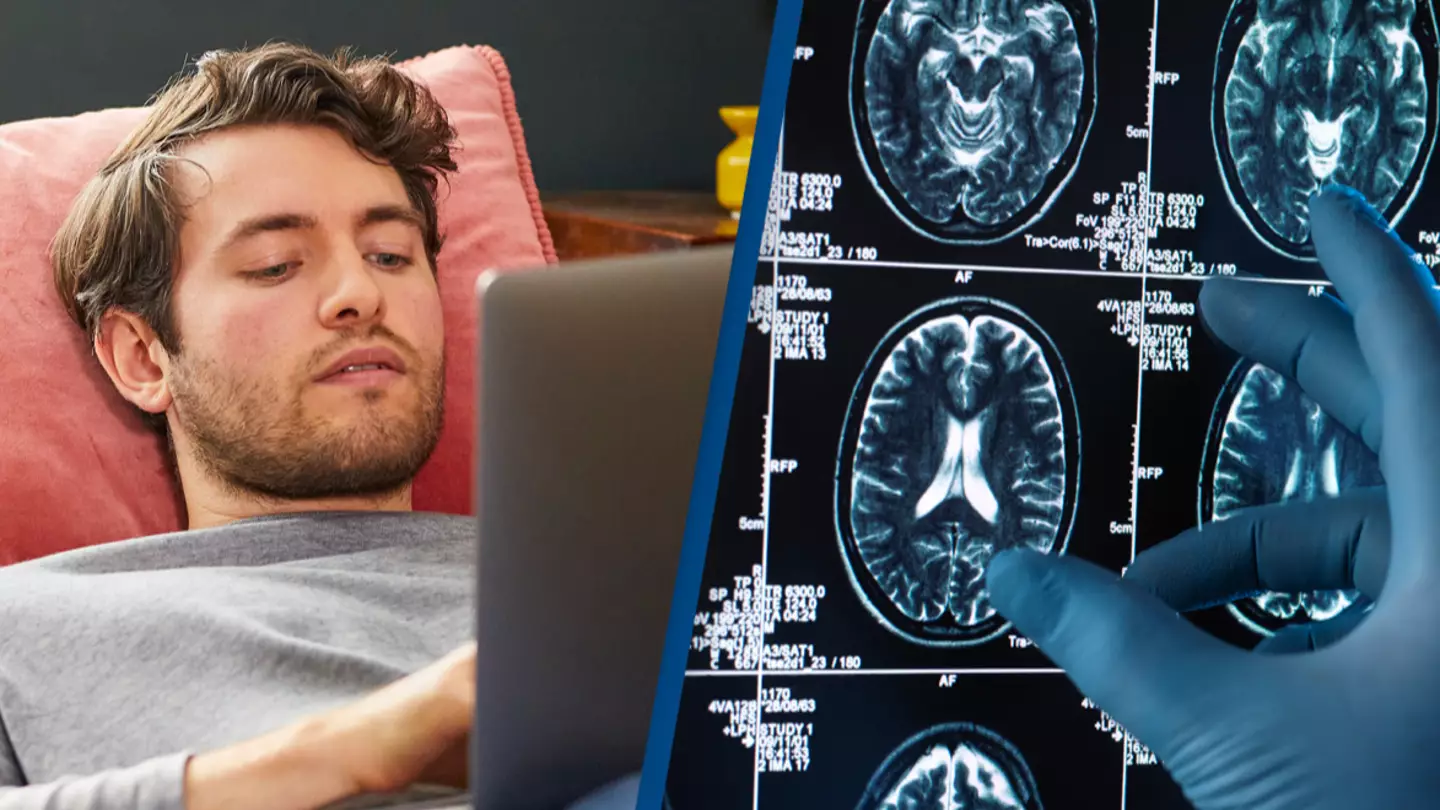
Artificial intelligence (AI) isn’t going anywhere anytime soon.
People use AI for a host of different reasons, for example, one guy recently revealed that he used it to apply for 1,000 jobs while he was sleeping.
Elsewhere AI has been used to create what the average person from each US state supposedly looks like, and the results left people divided.
While it’s become a somewhat normal part of modern day life, like many new things, we don’t truly know how using tech like AI affects us.
With this in mind, Dr Michael Gerlich at SBS Swiss Business School in Zurich, Switzerland, decided to look into it.
Dr Gerlich looked at something known as ‘cognitive offloading in particular’. He defined this as ‘when individuals delegate cognitive tasks to external aids, reducing their engagement in deep, reflective thinking’.
As per IFL Science, he added: “This phenomenon is particularly concerning in the context of critical thinking, which requires active cognitive engagement to analyse and evaluate information effectively.”
The study
To conduct his study, Dr Gerlich had 666 participants in the UK take part in quantitative surveys and qualitative interviews.
They were distributed across three age groups: 17-25, 26-45, and 46 and older, and had varying educational backgrounds.
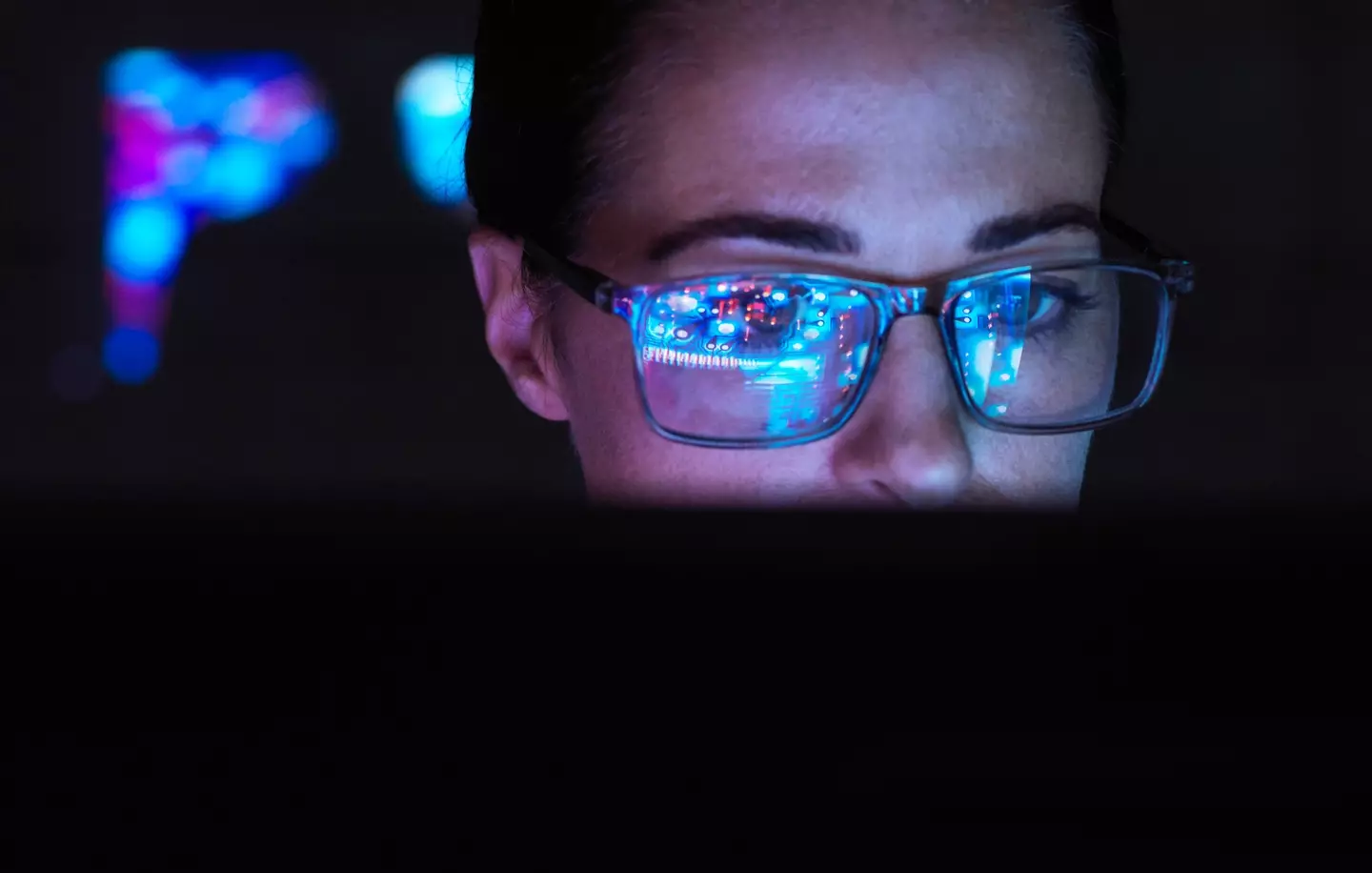
Almost half of Americans reportedly use AI (Getty Stock Image)
Quantitative data involved a 23-item questionnaire measuring AI tool usage, cognitive offloading tendencies, and critical thinking skills, while quantitive data came from semi-structured interviews with 50 participants who underwent thematic analysis for contextual depth, the study – published in Societies – explained.
The results
As probably expected, younger participants were found to rely on AI more heavily, while those aged 46 and over used it the least.
As a result, the older age bracket had higher critical thinking scores.
Dr Gerlich wrote of the results: “Younger participants (17-25) exhibited higher dependence on AI tools and lower critical thinking scores compared to older participants.”
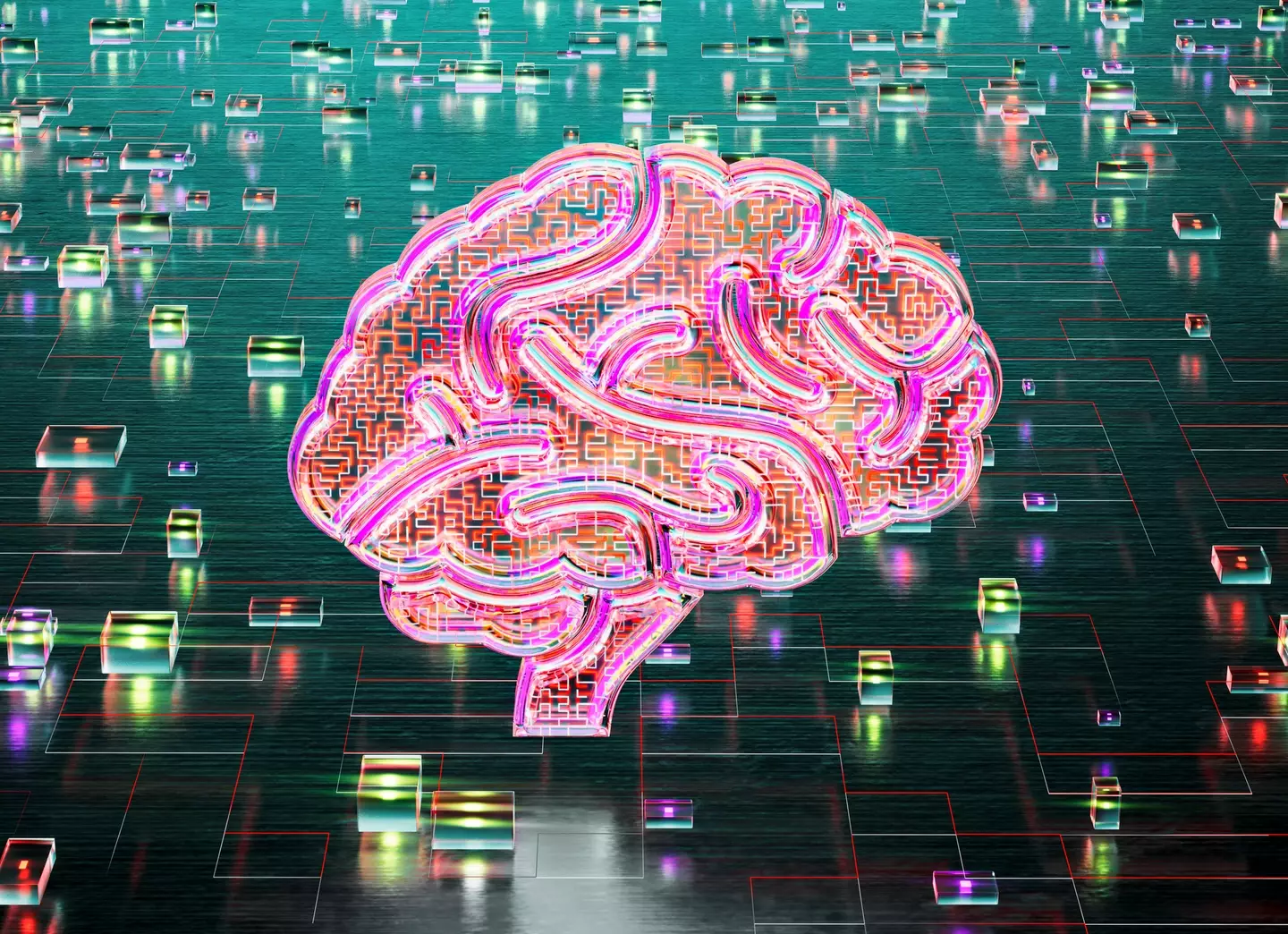
Serial AI-users were found to have lower critical thinking scores (Getty Stock Image)
“Furthermore, higher educational attainment was associated with better critical thinking skills, regardless of AI usage,” he went on.
“These results highlight the potential cognitive costs of AI tool reliance, emphasising the need for educational strategies that promote critical engagement with AI technologies.”
Basically, while AI might be useful in helping people learn basic skills, it can undermine a person’s critical thinking abilities.
What next?
In light of his findings, Dr Gerlich has suggested that schools and colleges ‘might want to emphasize critical thinking exercises and metacognitive skill development to counterbalance AI reliance and cognitive effects’.
“Developers of AI systems might consider cognitive implications, ensuring their tools encourage a level of engagement rather than passive reliance,” he added.
Conversation1 Comment
Featured Image Credit: Getty Images/Tara Moore/Getty Images/TEK IMAGE/SCIENCE PHOTO LIBRARY
Topics: Technology, Science, Psychology, Education, Artificial Intelligence
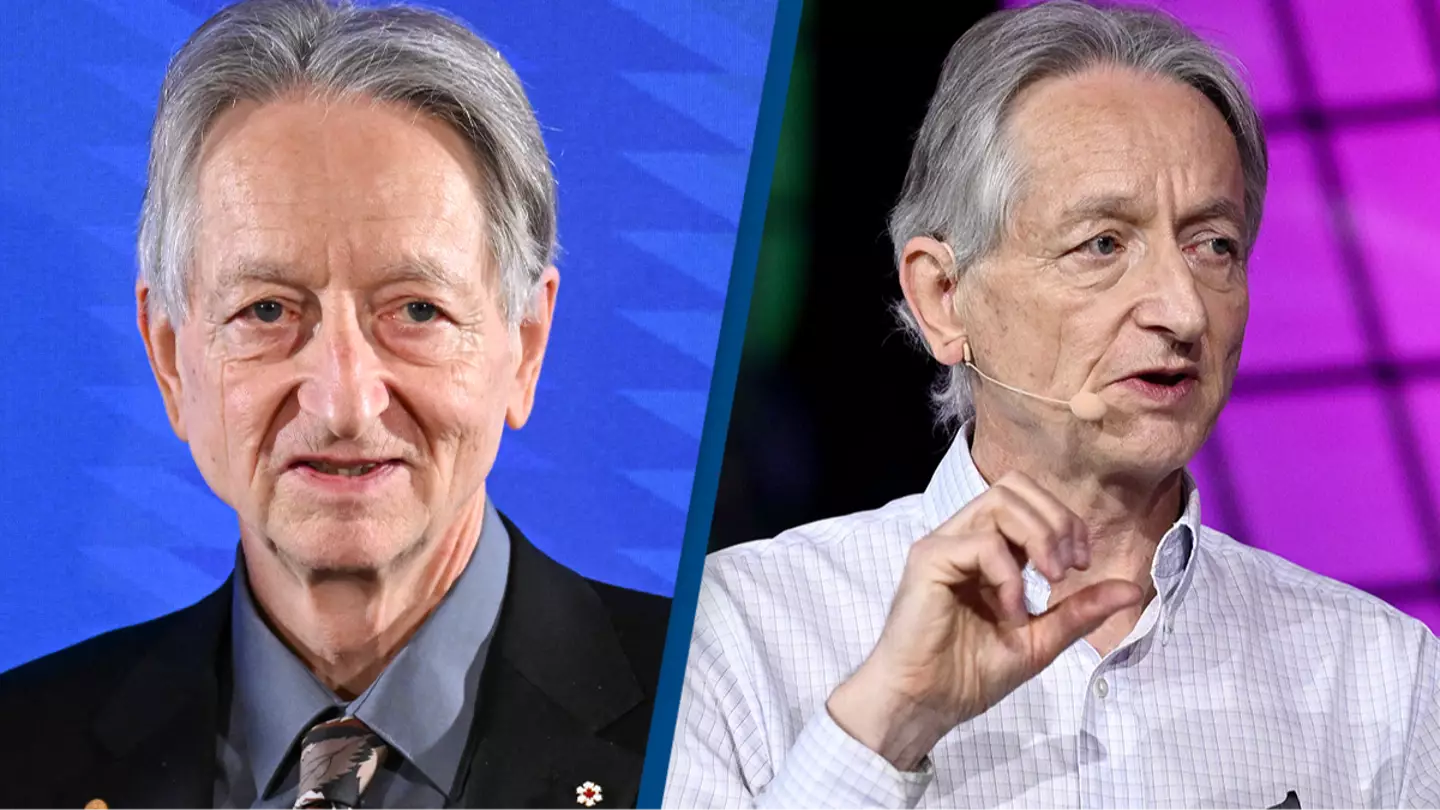
A man who’s been dubbed the ‘Godfather of AI’ has made a pretty terrifying prediction about the future of humanity.
Dr Geoffrey Hinton is a cognitive psychologist and computer scientist who has worked for Google.
Dr Hinton has previously warned about the rate at which AI (artificial intelligence) is developing.
In fact, he actually quit his role at Google shortly after a group of 1,000 leading tech experts and researchers signed an open letter calling for all AI developments to be put on pause for a minimum of six months, in a bid to help stem ‘profound risks to society and humanity’.
Speaking to The New York Times last year, the scientist said: “I don’t think they should scale this up more until they have understood whether they can control it.”

Dr Hinton has a terrifying prediction (Geoff Robins/AFP)
Now, Dr Hinton has made an unsettling prediction about the future of AI and what it could mean for humans.
Speaking on BBC Radio 4’s Today programme, Dr Hinton explained: “You see, we’ve never had to deal with things more intelligent than ourselves before.
“And how many examples do you know of a more intelligent thing being controlled by a less intelligent thing? There are very few examples.
“There’s a mother and baby. Evolution put a lot of work into allowing the baby to control the mother, but that’s about the only example I know of.”
Previously, Dr Hinton had estimated a 10 percent chance of AI technology causing the extinction of the human race, but he now estimates this figure to be ’10 percent to 20 percent’.
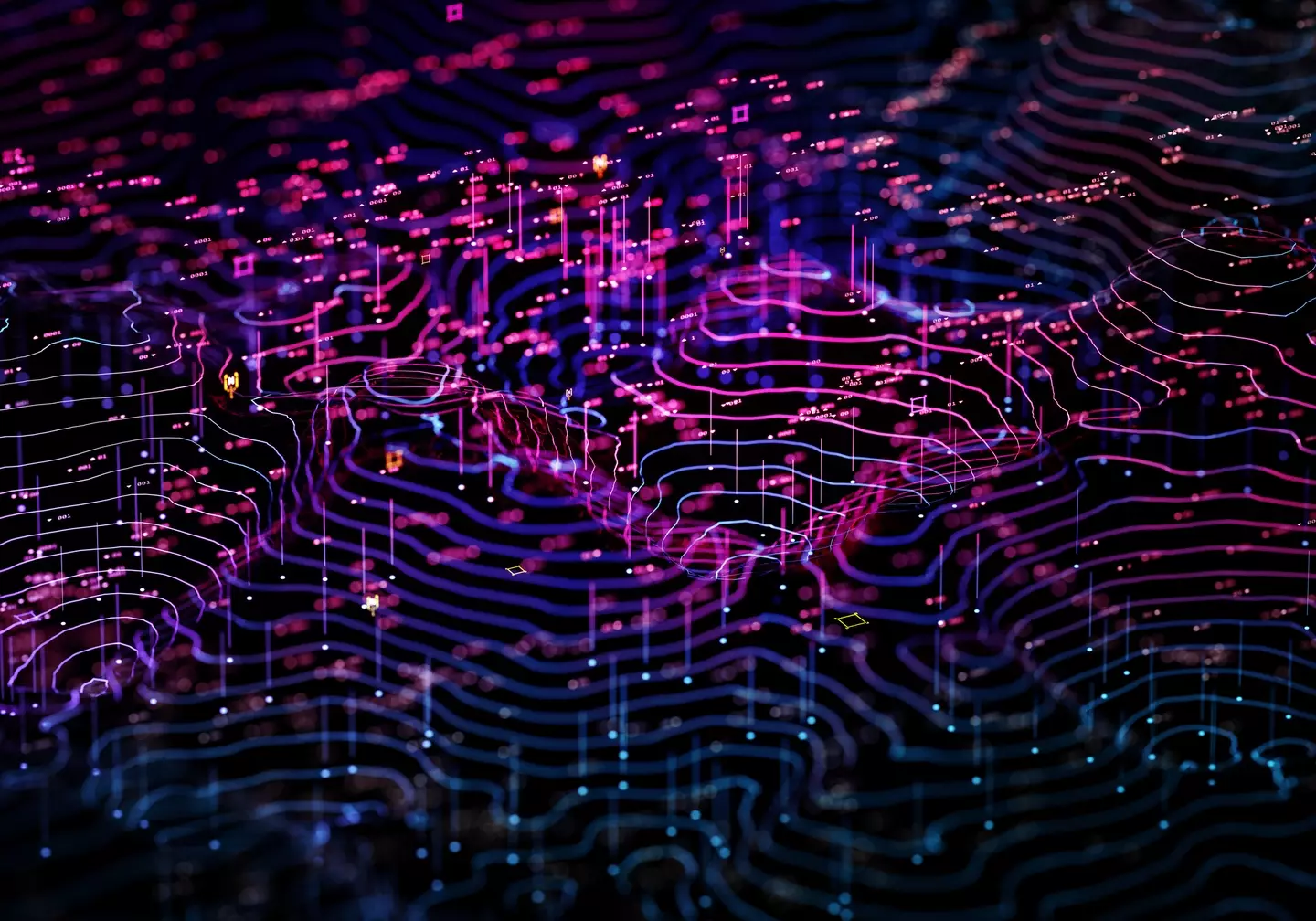
Dr Hinton says AI tech is smarter than humans (Getty Stock Photo)
When asked what he thinks the world might be like in 10 to 20 years from now, Dr Hinton explained AI is developing so rapidly, that machines smarter than humans would likely be developed in the next two decades.
“I didn’t think it would be where we would be now. I thought at some point in the future we would get here,” he added.
“Because the situation we’re in now is that most of the experts in the field think that sometime, within probably the next 20 years, we’re going to develop AIs that are smarter than people.
“And that’s a very scary thought.
“I like to think of it as, imagine yourself and a three-year-old – we’ll be the three-year-olds, and they’ll be the grown-ups.”
Although AI can provide plenty of benefits, Dr Hinton explained regulations are needed to stop people using it in dangerous ways.
“We need regulations to stop people using it for bad things, and we don’t appear to have those kinds of political systems in place at present,” he added, The Independent reports.
0 comments
Featured Image Credit: JONATHAN NACKSTRAND/AFP via Getty Images/Ramsey Cardy/Sportsfile for Collision via Getty Images
Topics: Technology, Artificial Intelligence

Creating a side hustle which virtually ‘prints money’ with minimal effort is something most of us can only dream of – but this entrepreneurial pair made it happen with less than $200 between them.
Salvatore ‘Sal’ Aiello, a longtime CTO for tech startups, only met Monica Powers, a product designer, at a virtual startup event in Silicon Valley a year ago, but it wasn’t long before the pair started working together.
It took as little a four days for the tech wizards to create their lucrative empire as they turned to a tool many of us have at our fingertips.

Sal Aiello (LinkedIn/Sal Aiello)
Using ChatGPT, the artificial intelligence chatbot, the duo ran their side hustle ideas into the site to conduct market research.
It wasn’t long before Aiello and Powers knew the exact questions to ask the chatbot to maximise their results – and in March this year, their AI-powered research tool was born.
The way it works is users fill out a form with their idea and the tool does all the legwork, inputting answers from ChatGPT into 50-page reports.
The tool charges $39 for a comprehensive report and is geared towards helping businesses and ‘want-repreneurs’ with their hypothetical ideas.
While, technically, anyone can conduct their own research using Google, Aiello explained to CNBC that the beauty of it is that it works in a fraction of the time.
The 36-year-old said: “There’s no reason you can’t do 1,000 Google searches and get the same results. [But] it’s a no-brainer to lean on somebody [to do it faster].”

Monica Powers (LinkedIn/Monica Powers)
Just four days after making the tool, Aiello and Powers launched their business, DimeADozen.
Aiello also said he remembered thinking at the time: “Maybe we can sell this.”
And in a little more after reaching the six-month milestone, that’s exactly what they did for a hefty sum.
DimeADozen raked in more than $66,000, according to records verified by CNBC, and the pair spent less than $185 in bringing it to life.
A mere $150 went towards the web domain and a further $35 on hosting and a database, making the rest virtually all profit that the pair split equally.

ChatGPT helped the pair launch their lucrative side hustle (Jakub Porzycki/NurPhoto via Getty Images)
Then, last month, they struck a deal with married couple, Felipe Arosemena and Danielle de Corneille, who work as a software engineer and product designer, with big plans to make DimeADozen their full-time jobs.
Though the side hustle was promptly sold to the couple for $150,000, Aiello and Powers commit to working around five hours a week as company advisors.
The pair also have three other side hustles and a vision to start more.
But as for DimeADozen, Aiello said it ‘really does print money’ and has bigger dreams it will be bought out by a software giant Salesforce ‘or something silly like that’.




